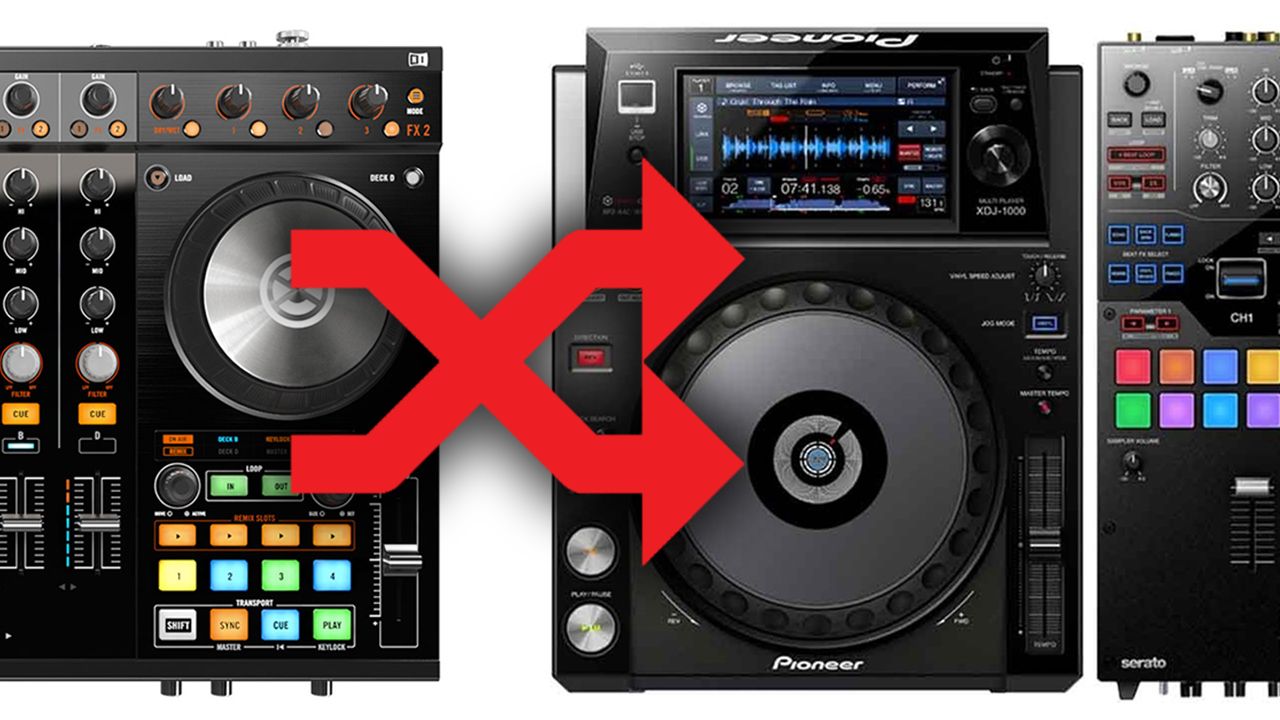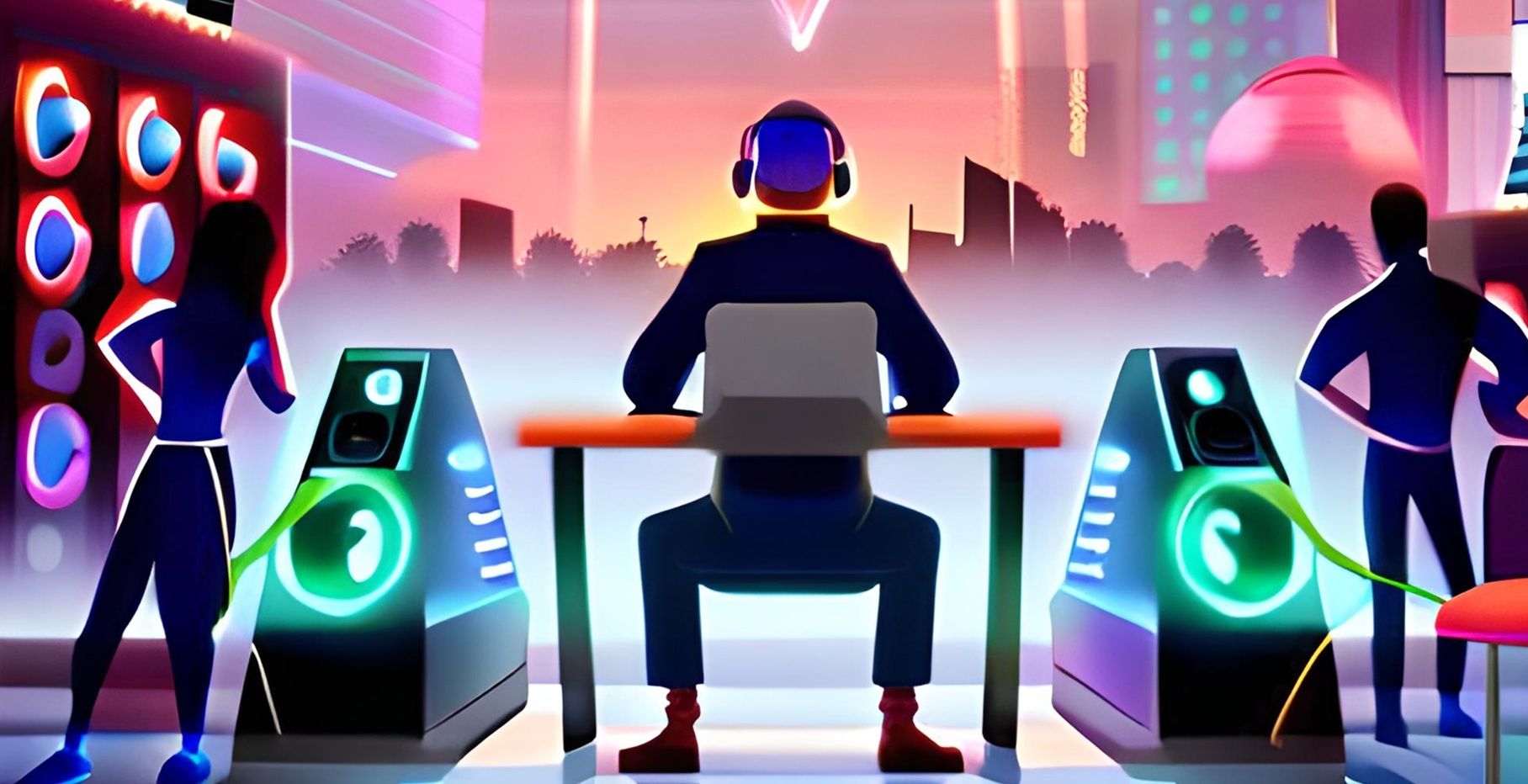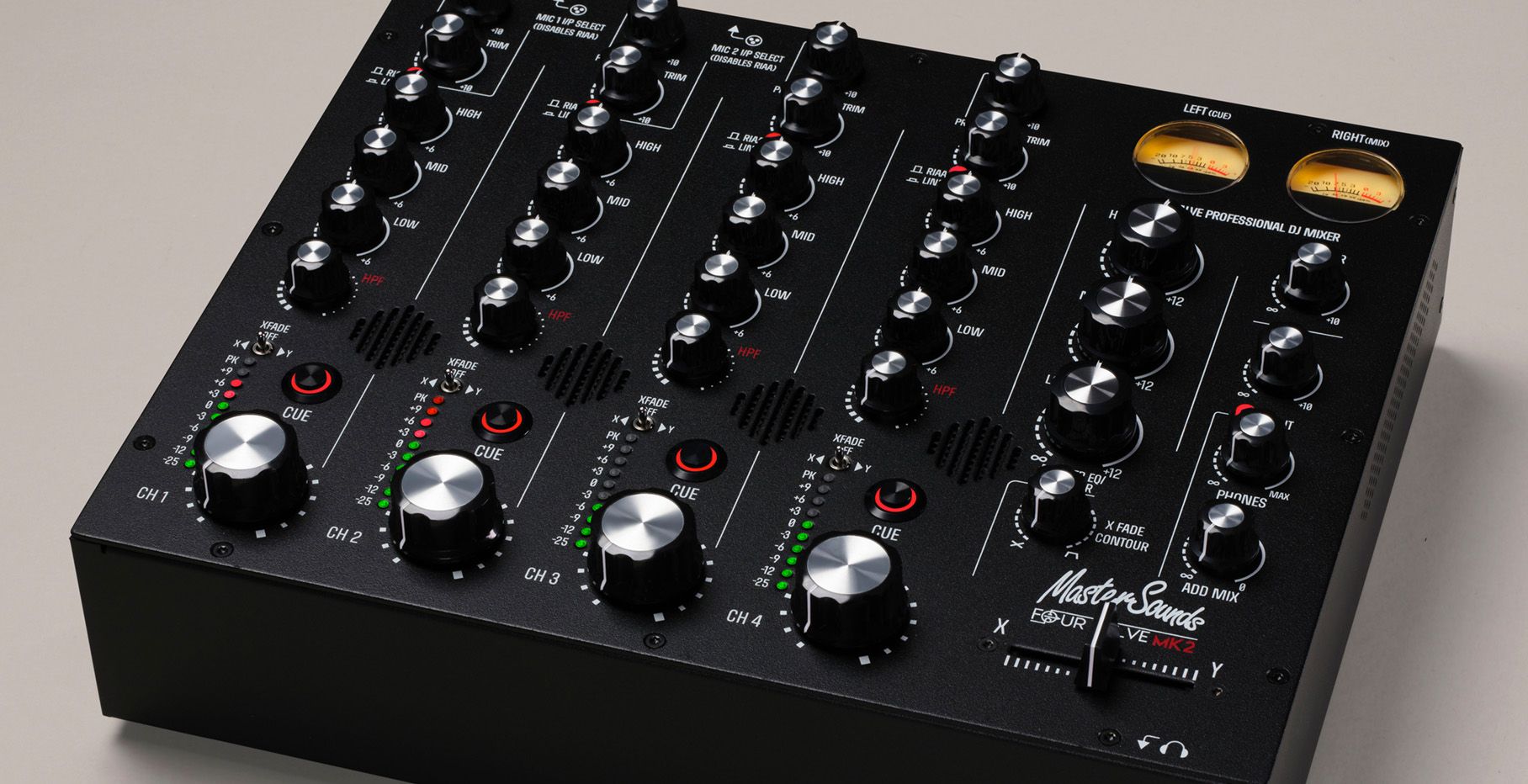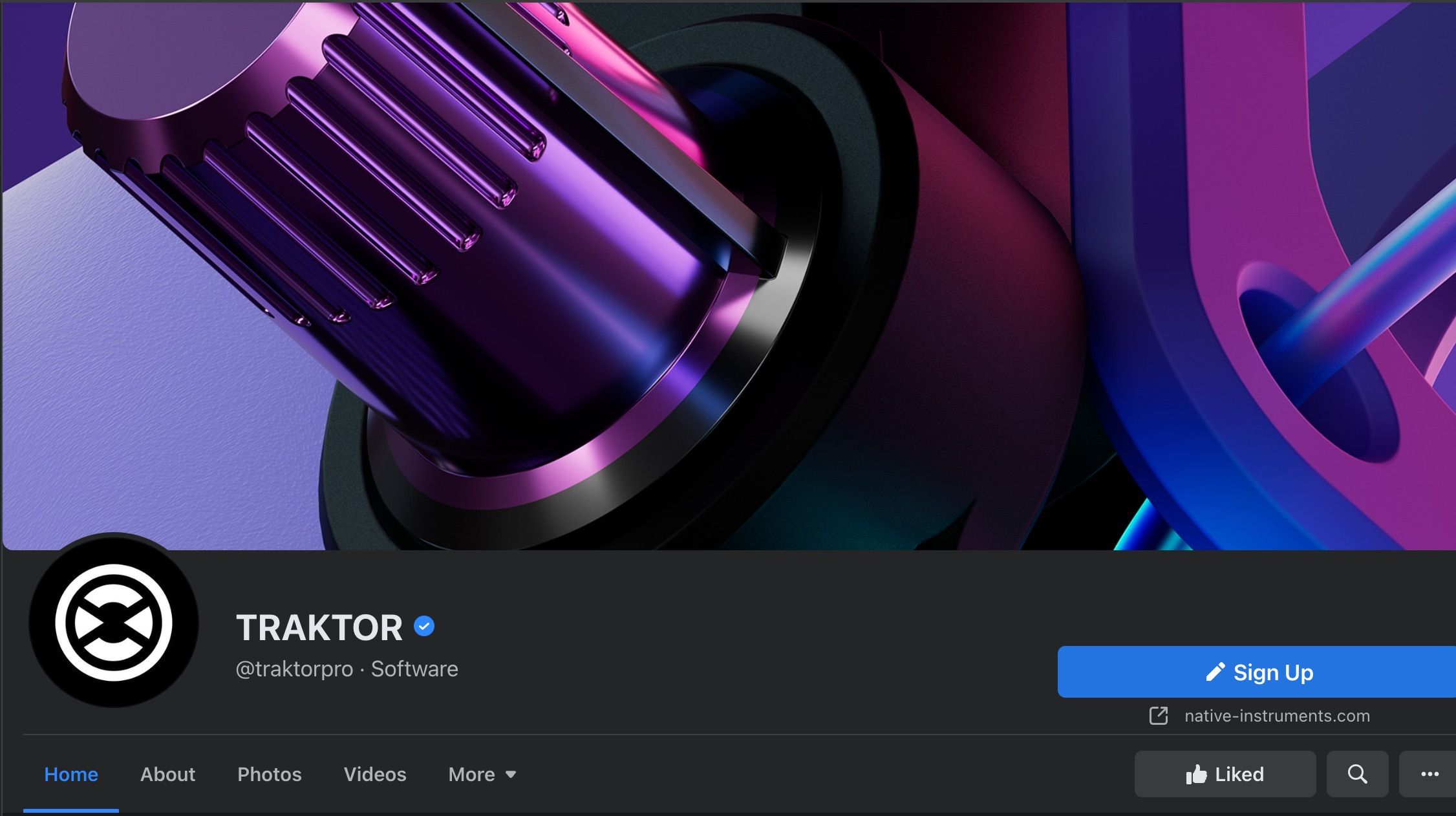For years there was really no other option: DJs played on hardware exclusively, turntables dominated the scene and a few DJs braved CD players. In the early 2000s, computer and music technology combined forces which resulted in a DJ software revolution that, in many ways, DJTT helped to grow. During this revolution DJs around the world were switching from vinyl to the laptop, which promised a new platform of creative control. Lately though, that trend seems to have reversed. Are DJs moving back towards hardware like CDJs, turntables, and standalone laptop-free solutions – or is it just another phase?
A Sign Of The Times?
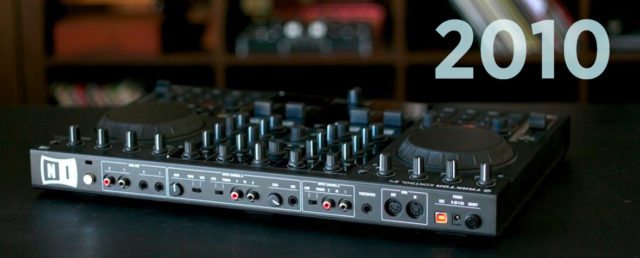
I noticed this trend last week when DJTT started calling past Traktor/S4 customers to see how they were liking their gear. The phone feedback was surprising and stark: almost everyone talked about moving away from the laptop and controllers – towards standalone hardware solutions like the Pioneer CDJ/XDJs.
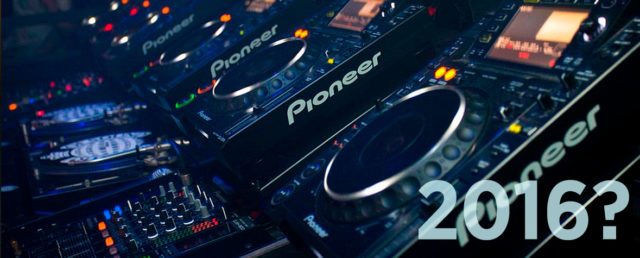
Even more surprising was the feedback that, in many markets, young DJs are seen as “not serious” if they are playing with controllers. Wait, is this 2007 all over again, I thought we settled that argument years ago!?
Tell us in the comments – have you also seen a backlash against controller DJs recently?
On the production side, it’s hard not to miss the palpable excitement over a very real renaissance of analogue and digital hardware. After using DAWs since the late 90s, I now prefer to run hardware sequencers and dedicated synths for one simple reason:
Hardware is fun and limiting to the creative process, which can produce interesting results.
Sure, doing everything “in the box” offers a million more possibilities, better recall and editing but usually it’s way less fun and significantly more complicated. This got me thinking – has digital DJing really suffering from the same problem?
There is no question that a computer with controllers and custom mappings offers a much more unique palette of creativity. With these tools, many artists have even transcended the traditional idea of a DJ entirely, and evolved into a new class of performers. When you look at the way controllerists, live producers, and even some techno DJs perform, it’s very much dynamic creation and not simple audio playback.
A great example of live producers are Octave One – watch them play live in this Boiler Room set:
But besides music creation-oriented performers, it seems like most DJs just want to play some sweet jams, down a few cocktails, and have fun during the process. In that camp, hardware has admittedly done a better job than software solutions. It’s easy to use/learn, tends to be universally accepted, requires little setup, and works consistently.
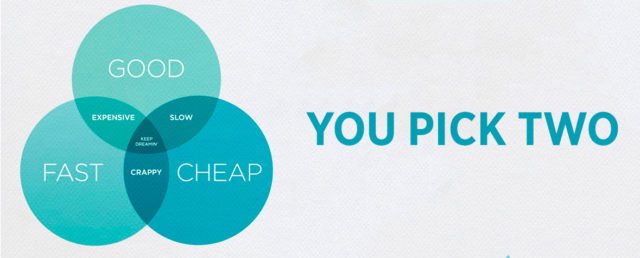
In the tech/startup world, there’s a phrase for the three hard-to-achieve elements of a big breakthrough, “Better, Faster, Cheaper”.
Software DJing (mostly) succeeded in being “better” by offering way new ways to mix music but have not made less progress in “Faster” and “Cheaper” department. It’s still very expensive to have a truly professional digital DJ setup (including the cost of a laptop, controller, good quality soundcard, etc) and those models today are far more work to setup and manage.
Does The Data Show The Trends?
Going beyond pure conjecture, we want to find out if these trends away from DJ software are really substantial – so we took a closer look at the data for the last two years of gear sales. Based on industry reports, we’ve seen a slight drop year-over-year in units sold of MIDI controllers and an increase in CDJ/mixer sales, but not quite enough to yet confirm or deny these trends. However, our survey (see end of the article) has already shown some fascinating results:
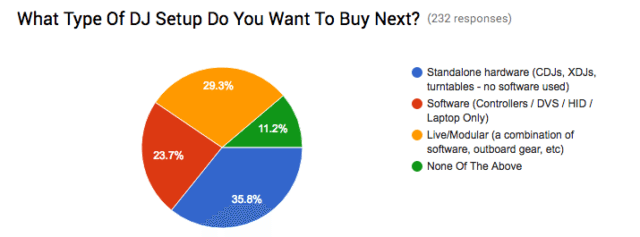
This website embraces all tools, technology, and music styles, so we try our hardest to stay platform-agnostic and simply remain in favor of creativity and fun – thus our mission statement:
“To help, teach, and inform DJs and producers how to get more creatvity from music technology”
We’re advocates of any platform that helps to make it easier to DJ – hopefully while being affordable and offering great potential for personal expression and creativity. With Pioneer’s upcoming TORAIZ SP-16 sequencer, it seems that they want to provide tools beyond the “one-size-fits-all” CDJ, but software still does hold the promise of infinite possibilities.
Today we have a handful of major DJ software platforms, among them Traktor, Serato, Rekordbox DJ, Virtual DJ, and a few others but who is still using them? I invite you to answer the following questions, and please share this article with your friends. We will calculate the answers and publicly post the results, to hopefully answer the question: are DJs switching back to hardware en-masse?


